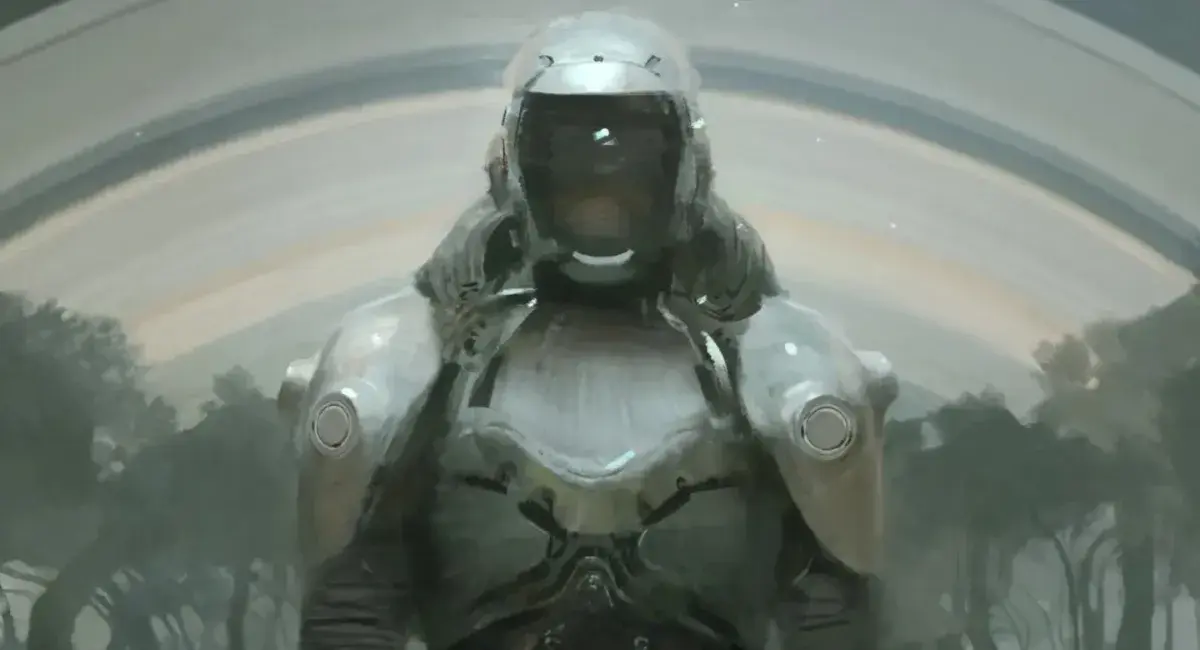

We do a lot of real-time control software, and just yesterday we were taking about how the newer folks are really good at using available tools and libraries, but they have less understanding of what’s happening underneath and they have problems when those tools don’t/can’t do what we need.







Yep, you get it. And it’s really hard to get people to understand the value in learning to do that stuff without the tools.